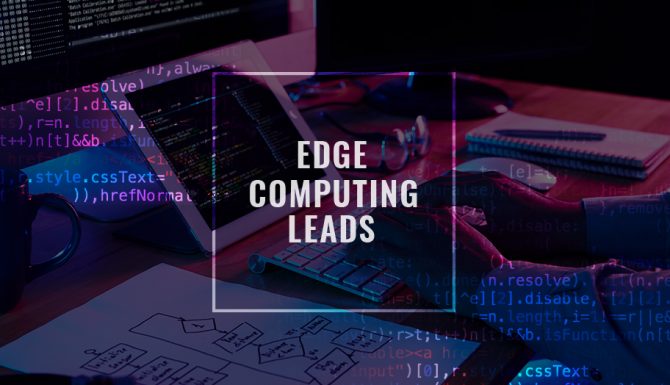Experts say that edge computing technology paves the way for data storage innovation today. Silicon Angle reported that the recent developments in memory and storage have been influenced by edge computing. This is in light of the ever-growing demand for smaller chips.
Internet company Cloudflare defines edge computing as “a networking philosophy focused on bringing computing as close to the source of data as possible.” This seeks to minimize latency and bandwidth consumption. It relies less on the cloud and relays processes on local systems to achieve these goals.
This technology relies on network edges, which are literally close to the device being used, unlike cloud and origin servers which communicate over long distances. As this tech will reduce the usage of server resources, developers will be able to create smaller processors.

According to ZDNet, edge computing architects seek to consider the “portability of micro data centers (µDC) and small form-factor servers.” This is to further “reduce the distances between the processing point and the consumption point of functionality in the network.”
theCUBE’s David Floyer said that with memory and NAND flash storage inching over to the edge, consumers can expect smaller processors.
Floyer also noted that the rise of edge computing can be attributed to the fact that has applications in everyday life. This is as opposed to being a former niche technology, used only by technology experts and developers.
Flash Technology and China
Dave Vellante, also of mobile streaming studio theCUBE, said that China poses an issue for chipmaker companies like Micro Technology, Inc. China, which was sanctioned with high tariffs in light of the trade war and is suffering from restrictions on Huawei Technologies, is expected to “[come] after companies like Micron.” Vallente also remarked that the country will be “going after consumer flash” and is expected to “aim at the higher value enterprise.”
Aside from the trade war, China and the United States have also been competing for the best technology. Experts expect that the two superpowers will be contesting for Google’s newly developed quantum computing tech.
In addressing China’s anticipated attack on chipmakers, Floyer said that the best response of firms like Micron is to make investments. According to him, these companies will be able to benefit consumers and “everybody else.” However, he noted that this move will only be bad news for competitors and other rival players in the market.
















